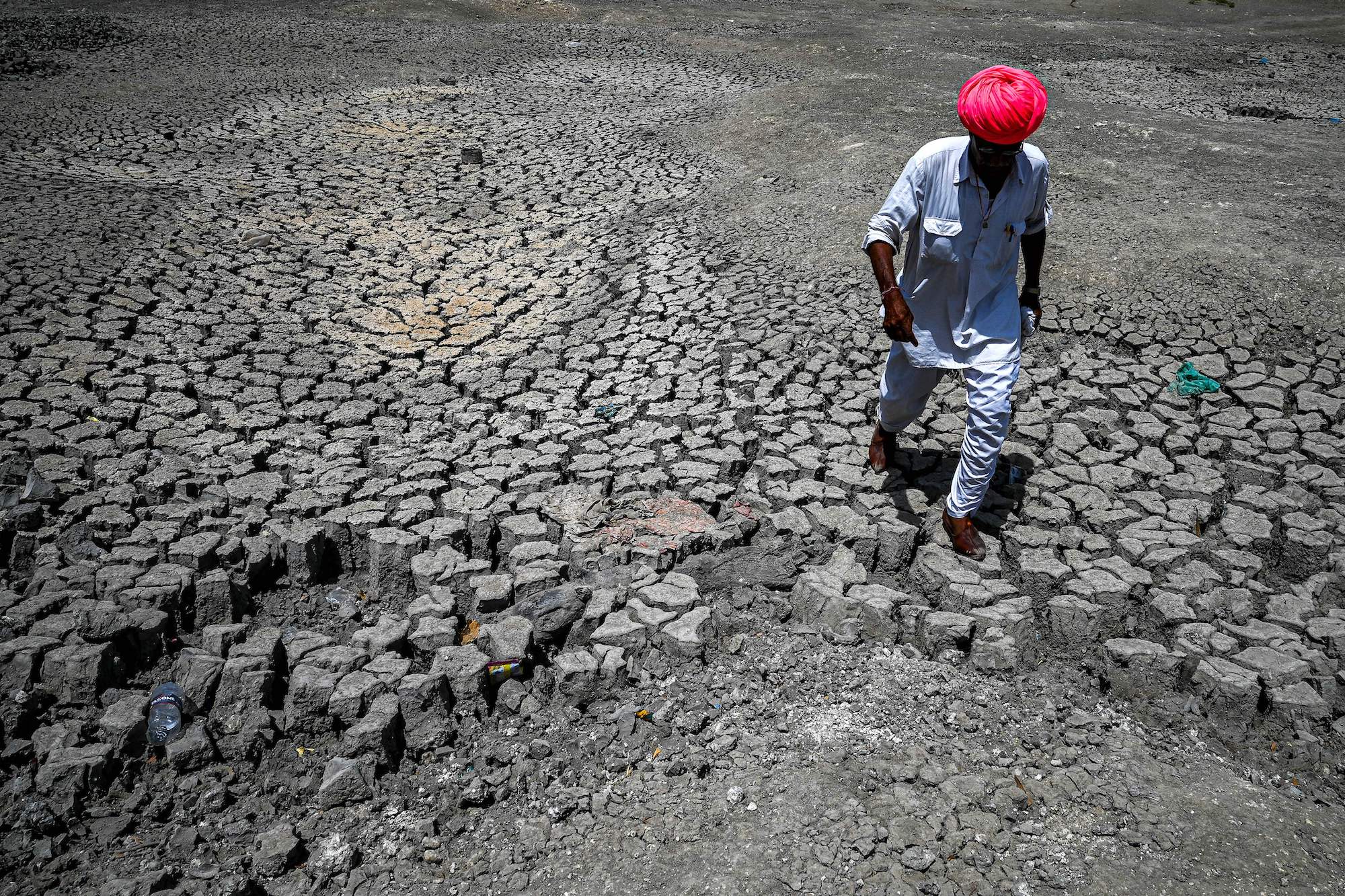India has seen a worrying trend of rising temperatures in recent years that has broken previous records. According to the most recent report from the Indian Meteorological Department (IMD), 2022 was the warmest year since 1901. This was accompanied by an increase in heatwaves, floods, droughts, and unceasing rain, which had an adverse effect on a considerable number of people. The devastation caused by floods in Uttarakhand, Himachal Pradesh, and, more recently, Sikkim, provides unmistakable proof that climate change is causing catastrophic weather occurrences. History demonstrates that human ingenuity and resilience may overcome obstacles to create creative solutions to address climate disasters.
Institutional Initiatives Spearheading Behavioural Transformation
Around the world, governments and international organisations have been aggressively tackling climate change and working to create creative plans for the shift to a low-carbon future. But the complexity of climate change and adaptation calls for a multi-stakeholder, cooperative approach. For the benefit of the environment, this entails not only strategic adjustments at the business level but also behavioural adjustments at the individual level.
With a number of initiatives, the Indian government has led the way in promoting behavioural change. In November 2022, India submitted its Long-Term Low Emissions Development Strategy (LT-LEDS) at COP 27, representing sustainable lifestyles and climate justice. With the recent announcement of Mission LiFE (Lifestyle for Environment), Prime Minister Narendra Modi hopes to develop a group of “pro-planet people” who support a way of life that is in line with the health of the planet. In a similar vein, international organisations like UNEP have launched programmes like the “Little Book of Green Nudges,” which have motivated millions of students worldwide to adopt eco-friendly behaviours.
Through laws and regulations, government agencies and legislators are essential in encouraging businesses to adopt environmentally friendly practices. There are several ways to promote sustainable business practices, including refunds, investments in clean technologies, green infrastructure development, and subsidies. To encourage the use of electric vehicles (EVs), several state governments in India have implemented policies that include tax breaks and financial aid. The next frontier is developing precise regulations for recycling end-of-life vehicles and simplifying renewable energy laws to hasten the adoption of business sustainability across the country.
Global Philanthropy and Sustainable Initiatives
Numerous private sector businesses are actively embracing sustainability at the organisational level; Mahindra’s “Planet Positive” approach is one such example. In addition to putting green practices into effect, they also provide incentives for staff members to support eco-friendly behaviour.
International philanthropic institutions, such as the IKEA Foundation and the Rockefeller Foundation-supported Global Energy Alliance for People and Planet (GEAPP), play a critical role in promoting a green transition. The projects of GEAPP include creating a hub for energy efficiency resources, encouraging innovation in clean energy operations, and supporting the formation of start-up networks. In order to support renewable energy access in emerging economies, governments, multilaterals, and the business sector are cooperating in this joint endeavour.
Empowering Indian Communities: A Pro-Nature Heritage
Indian communities, who have always been in harmony with the environment, have embraced eco-friendly habits including recycling, sun-drying clothing, and building with locally obtained materials. The focus on sustainable living that Prime Minister Modi has placed is consistent with Indian culture. To promote wider adoption, these practices need to be more widely disseminated through a variety of means.
Establishing a paradigm for sustainable lifestyles that include eco-friendly behaviours in everyday life is the ultimate objective. Discussions regarding climate change and environmental deterioration need to be translated into practical actions. Raising awareness and sensitising people to this paradigm change necessitates the use of traditional media, educational institutions, and social media initiatives such as ‘Unplastic India,’ which promotes the reduction of single-use plastic.
Corporate Sector: Navigating the Sustainability Maze
The expectations of stakeholders towards enterprises have changed, with a focus on growth that takes environmental values into account. While a few multinational corporations have committed to being net-zero, many Indian corporate entities are just beginning the process of integrating sustainability. Sustainability now affects all aspects of business operations, including strategy, finance, and governance. It is no longer a separate role.
Corporate boards, who define and enforce climate targets with the same rigour as financial ones, are essential in hastening the green transition. It becomes imperative to intervene by tying executive pay to sustainability indicators like the use of renewable energy and the reduction of emissions. Business executives must have both an internal competency and a global view in light of the sustainability discussions’ rapid expansion. Maintaining compliance with national and international reporting standards requires continued board scrutiny.
In conclusion, governments, communities, and corporations must work together to develop a comprehensive strategy to address India’s climate challenge. There is hope for a sustainable future if institutions, people, and businesses work together.








